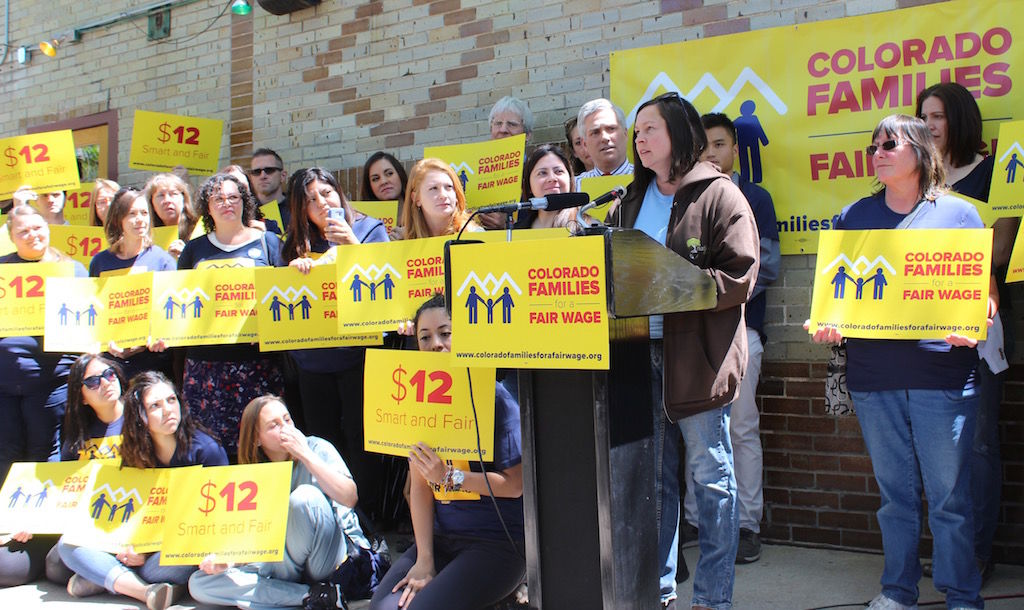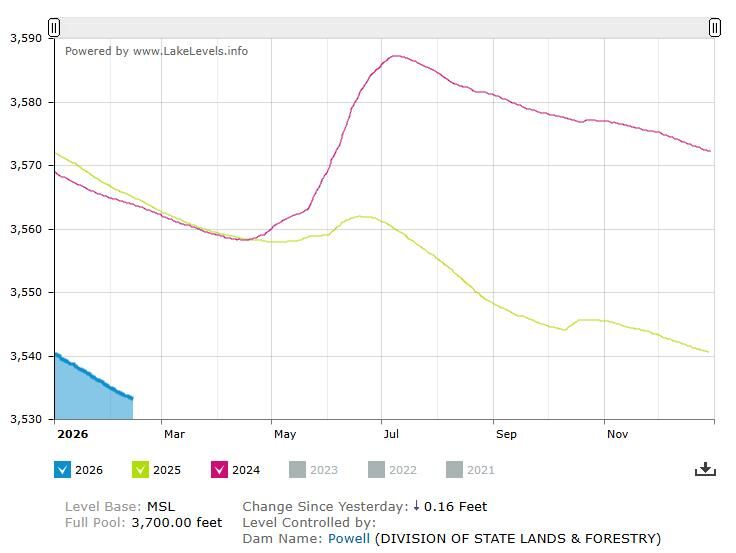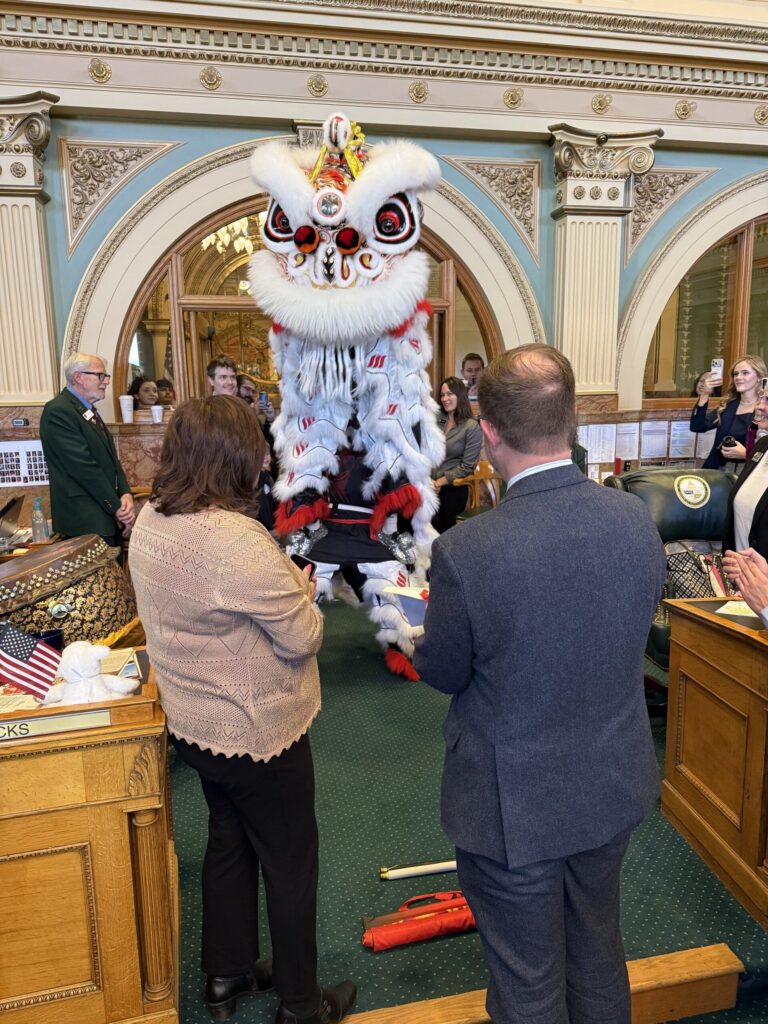Minimum wage hike measure placed on ballot

The minimum wage in Colorado could go up to $12 an hour in four years, if state voters approve a constitutional amendment placed on the general election ballot Thursday.
Colorado Secretary of State Wayne Williams announced that the proposed ballot measure qualified for the Nov. 8 ballot. Backers of Initiative 101 submitted close to 200,000 signatures to the office on July 26. A 5-percent random sample of the submitted signatures projected the number of valid signatures to be 114,939, while 98,492 were required.
In a news release, the office also noted that during signature processing by a separate state agency, Integrated Document Solutions, a section of the petition was misplaced. It contained three signature lines marked for review in the random sample. Because the section was misplaced before determining the validity of the three lines, the office credited the proponents with three valid signatures. Since an ample number of valid signatures were submitted, the three signatures did not affect the outcome of the random sample, the office noted in the release.
Integrated Office Solutions also identified a petition section that contained several potentially forged signature lines. The secretary of state does not conduct signature verification when reviewing petitions, the release noted, so the questionable section was referred to the Colorado Attorney General’s office. The section had one line marked for review in the random sample. After reviewing that line, it was included in the number of projected valid signatures.
The measure would raise the state’s minimum wage from $8.31 to $9.30 per hour and increase 90 cents each year on Jan. 1 until the wage reaches $12 in 2020. After 2020, annual adjustments would be made to account for cost of living increases.
The Bell Policy Center is one of the groups leading Colorado Families for a Fair Wage, which gathered signatures and submitted the petition. In a statement Thursday, the center noted that, “… as the cost of living continues to rise, particularly rent costs, the minimum wage has not kept up. A full-time worker takes home less than $300 per week and cannot cover rent, pay bills and put food on the table, meaning hard-working Colorado families are struggling to make ends meet.”
The Bell statement also said more than a quarter of those who would benefit from the minimum wage increase are parents trying to support their families, almost two-thirds of workers who would receive a raise are age 25 and older and that raising the minimum wage would help close the wage gap experienced by women and people of color.
If approved, the statement continued, the ballot measure could raise the pay for roughly 419,000 Colorado workers who currently earn less than $12 an hour, including one-fifth of female workers in Colorado. Over half the workers who would get a raise are women, and four out of ten are workers of color, according to the Bell statement.
The group also said a majority of small business owners support a wage increase, which can lead to higher employee productivity, lower employee turnover and more spending money in the pockets of consumers.
Opponents, organized under the name Keep Colorado Working, note that in 2006, Colorado voters approved an immediate minimum wage increase and a permanent requirement that the minimum wage increase by inflation every year thereafter. That has resulted in an increase in the minimum wage of more than 61 percent in the last 10 years, one of the highest and one of the few in the country that increases automatically every year.
If this year’s amendment is approved by voters, the minimum wage will have gone up another 44 percent by 2020, the site noted.
Tyler Sandberg, the opposition group’s campaign manager, said the possible passage of the amendment was “very concerning.”
“This would hammer many of the same low wage workers it was intended to help,” Sandberg said. “A lot of businesses affected by this are small businesses and they’re looking at operating fewer hours and even potential closures.”
Sandberg said one often cited low-income worker, restaurant employees, actually earn around $30 an hour because they now receive tips, a practice passage of the amendment could change.
Sandberg said his group will use a coalition of supporting organizations to help educate voters, along with news media and political events, to urge “no” votes in November.
Meanwhile, the signatures for seven other ballot measures recently turned in are still under review. The secretary of state has until Sept. 7 to notify proponents of the outcome. As many as 11 ballot questions could be before voters this fall.
Updated 8/12/16 to identify state agency that found signature discrepancies.














